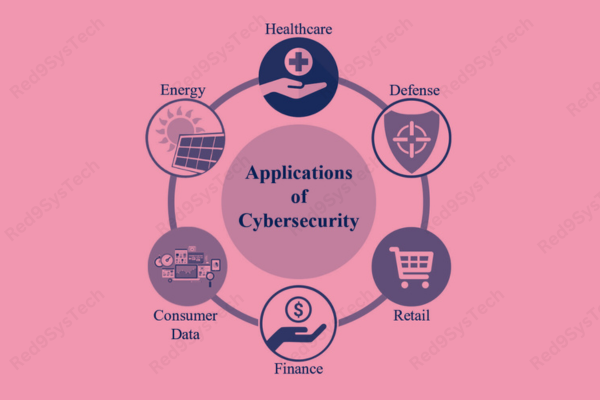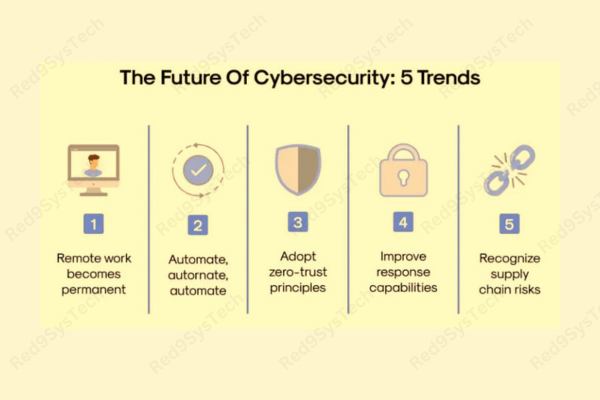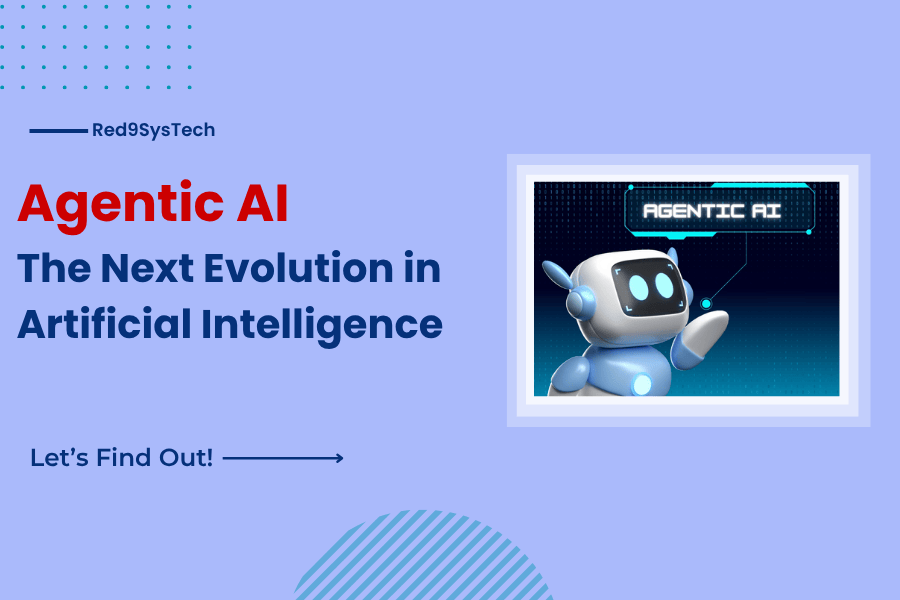Introduction: The Ever-Changing Cybersecurity Landscape
Imagine waking up to find your company’s sensitive data compromised, customer trust shattered, and operations halted—all due to a cyberattack that exploited a vulnerability you didn’t know existed. This isn’t a hypothetical scenario; it’s a reality many organizations face today.
In our interconnected world, cyber threats are evolving at an unprecedented pace. From sophisticated phishing schemes to AI-powered attacks, the digital battlefield is constantly shifting. But here’s the good news: as threats evolve, so do our defenses.

Understanding the Modern Cyber Threats
To effectively combat cyber threats, it’s crucial to understand the landscape:
AI-Powered Attacks: Cybercriminals are leveraging artificial intelligence to automate attacks, making them more efficient and harder to detect.
Ransomware Evolution: Ransomware attacks are becoming more targeted, with attackers conducting thorough research before striking.
Supply Chain Vulnerabilities: Attacks on third-party vendors can compromise entire networks, as seen in the SolarWinds incident.
Zero-Day Exploits: These are vulnerabilities unknown to the software vendor, leaving systems exposed until a fix is developed.
Real-World Applications and Benefits of Advanced Cybersecurity
Organizations are adopting advanced cybersecurity measures to stay ahead:
Behavioral Analytics: By analyzing user behavior, systems can detect anomalies that may indicate a breach.
Zero Trust Architecture: This model assumes no user or system is trustworthy by default, requiring continuous verification.
Threat Intelligence Sharing: Collaborating with other organizations to share information about threats can lead to faster detection and response.
Automated Incident Response: Automation reduces response times, minimizing damage from attacks.
Read More Real World Application

Challenges and Considerations
While advancements offer robust defenses, challenges persist:
Resource Constraints: Implementing advanced cybersecurity measures can be costly and require specialized expertise.
Complexity: As systems become more sophisticated, managing them can become more complex.
False Positives: Advanced detection systems may generate false alarms, leading to alert fatigue.
Privacy Concerns: Collecting and analyzing user data for security purposes must be balanced with privacy rights.
Read more Challenges of Cybersecurity
Future Outlook: Staying Ahead of Cyber Threats
The future of cybersecurity lies in proactive and adaptive strategies:
AI and Machine Learning: These technologies will play a pivotal role in predicting and preventing attacks.
Quantum Computing: While it poses a threat to current encryption methods, it also offers new avenues for secure communication.
Regulatory Compliance: Governments worldwide are enacting stricter cybersecurity regulations, requiring organizations to stay compliant.
Continuous Education: Ongoing training for employees is essential to maintain a security-aware culture.
Read More AI blogs

Conclusion: Embracing Advanced Cybersecurity Measures
Cyber threats are an ever-present danger in our digital age. However, by embracing advanced cybersecurity measures, organizations can not only protect themselves but also gain a competitive advantage. It’s about building resilience, fostering trust, and ensuring business continuity.
Stay Update in Our Red9SysTech




